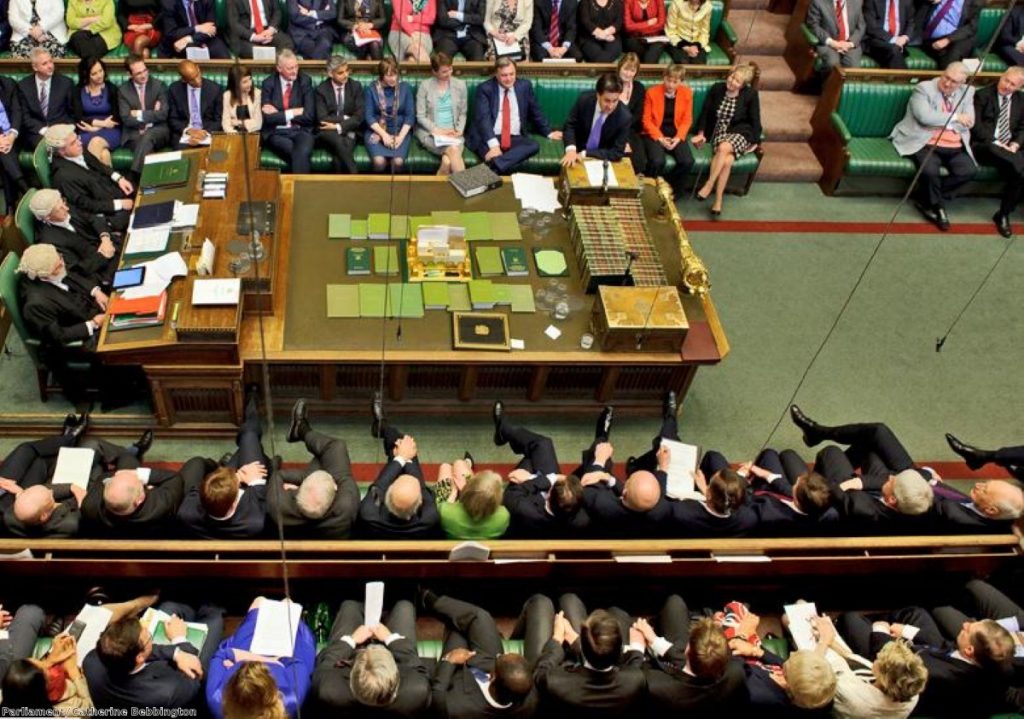Snap verdict on Commons Syria motion
Three quick thoughts on the Commons motion for intervention in Syria:
-
No 10 has gone out of its way to ease Ed Miliband's concerns about a "UN moment". Labour was going to push for an amendment saying the action would have to follow the report by UN weapons inspectors. The trouble with that was that inspectors were not actually tasked with establishing who did it. The motion proposes that the report be briefed to the security council as early as possible. Conclusions will then probably be based on the chemical and delivery system used and reports of interviews conducted in the area. Critically, the Commons will then get another vote before any action is taken. Labour should be able to easily vote for this tomorrow and the Commons will presumeably offer it overwhelming support. After all, any MPs with doubts can vote for this but then vote against intervention after the weapon inspectors' report.
-
This is a major step down from what was being suggested by No10 this morning. This is not a vote for intervention. This is a vote to express a strong view as the UN route is pursued. MPs might wonder what all the fuss was about that they had to be dragged back from their holidays.
-
When intervention does occur, after the UN process is complete in four or five days time, it enjoys a relatively broad definition. The motion "relates solely to efforts to alleviate humanitarian suffering by deterring use of chemical weapons and does not sanction any action in Syria with wider objectives". But it also aims to save lives by "preventing and deterring further use of Syria’s chemical weapons". The word deterring would allow a considerable degree of flexibility in engagement. It would not necessarily need to be limited to strikes against chemical weapon compounds themselves, but would permit attacks on broader military capabilities.

